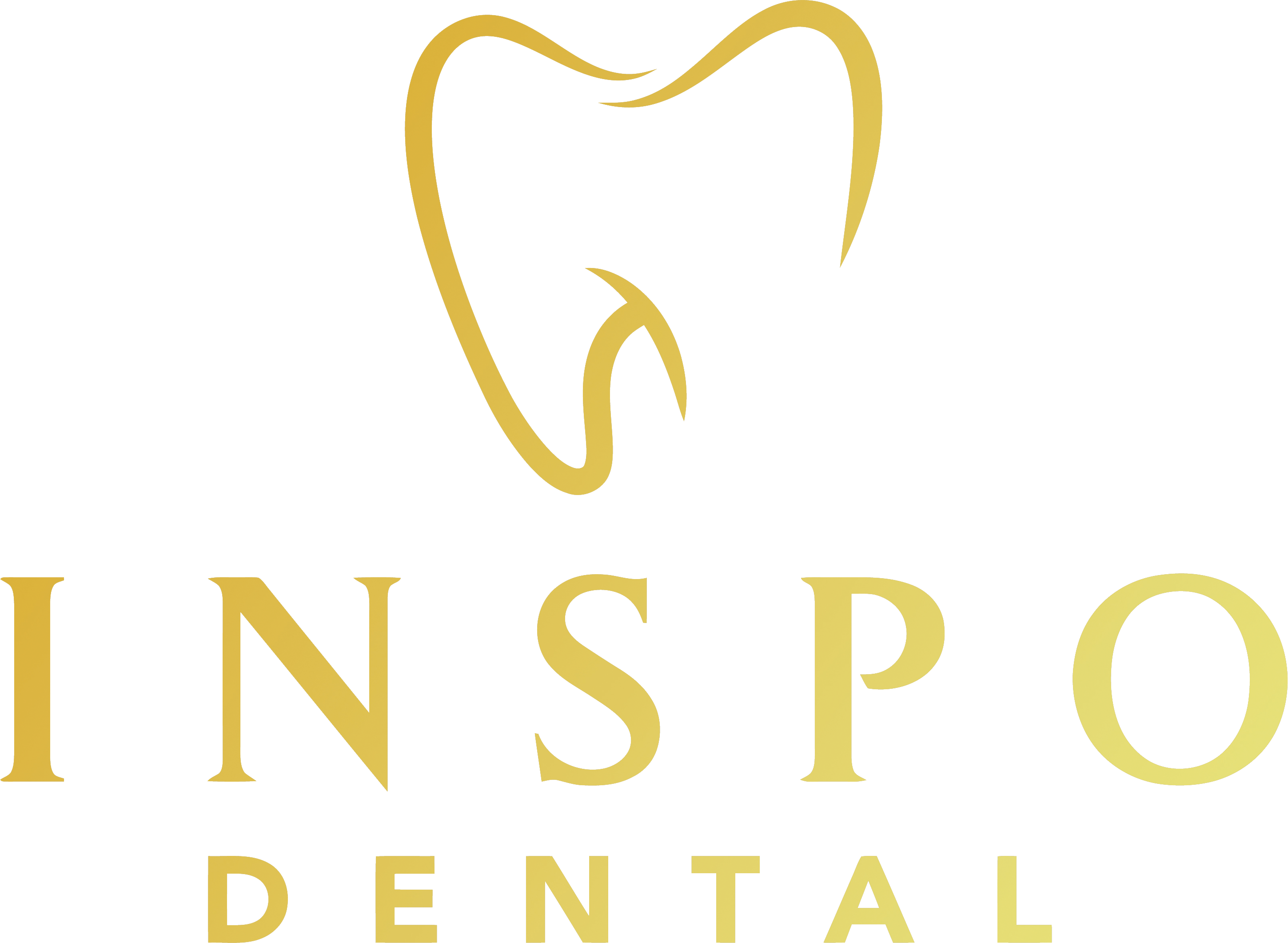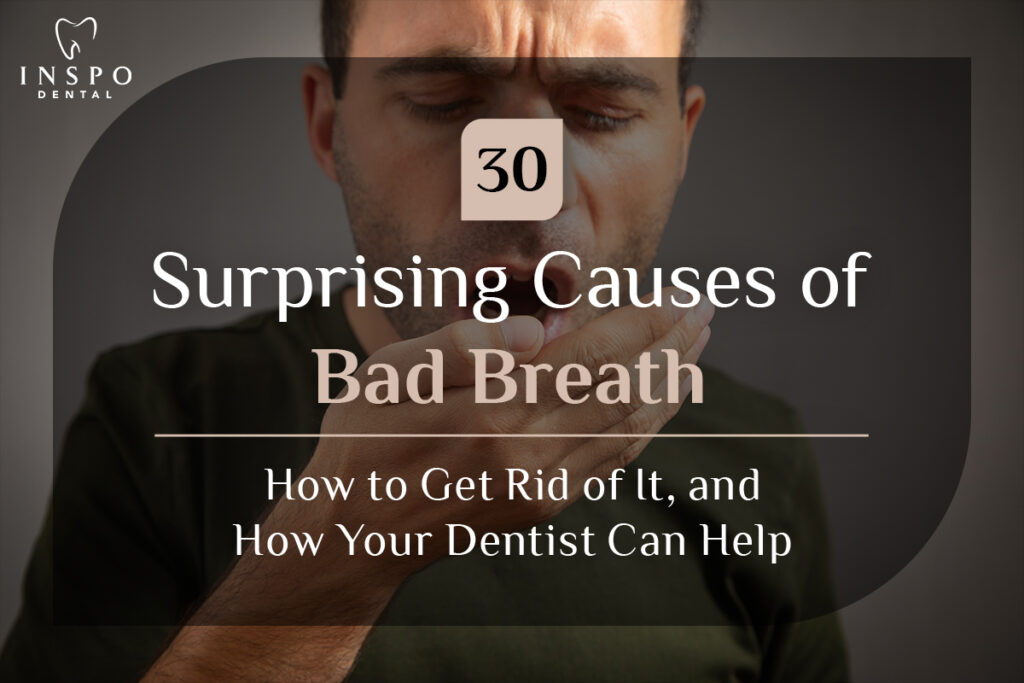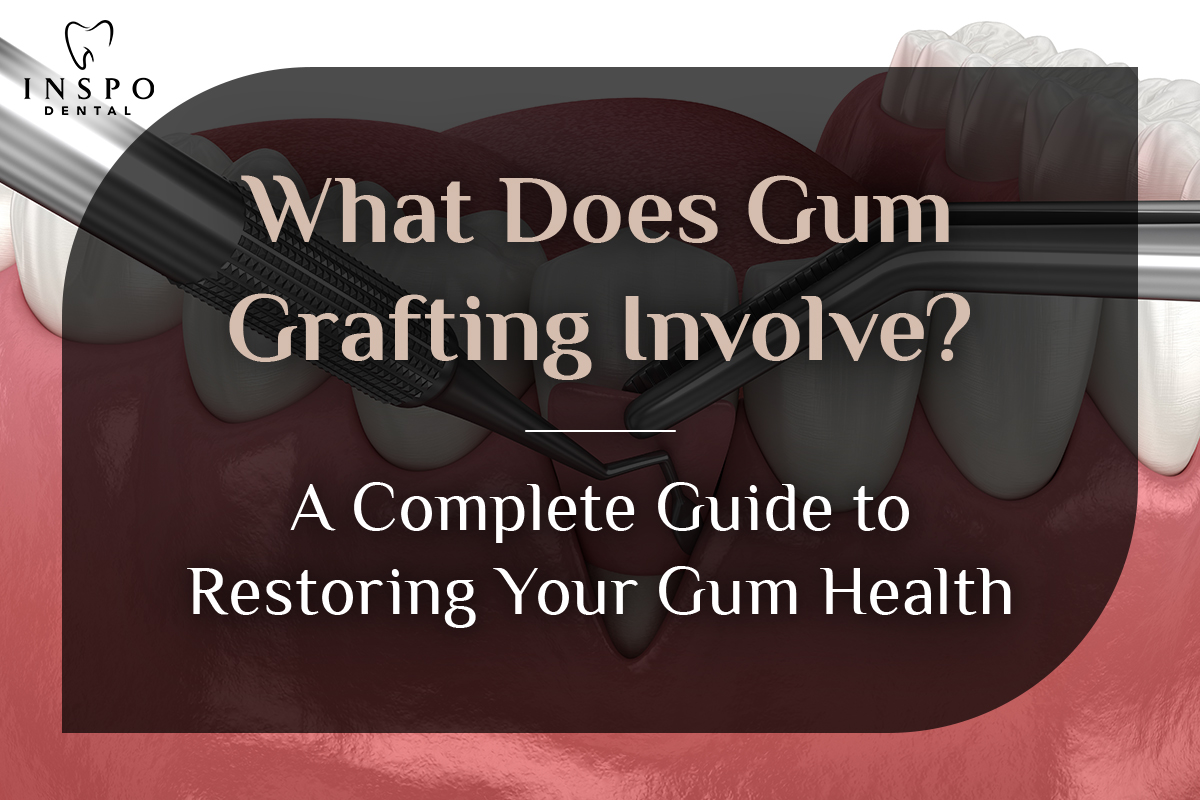
Bad breath, also known as halitosis, can be caused by various factors, some of which may surprise you. Here are some surprising causes of bad breath:
- Dry Mouth (Xerostomia): Saliva plays a crucial role in washing away food particles and bacteria in the mouth. When saliva production decreases due to factors like dehydration, medication side effects, or mouth breathing, bacteria can thrive, leading to bad breath.
- Sinus Infections and Postnasal Drip: Sinus infections and postnasal drip can cause mucus to accumulate in the back of the throat, providing a breeding ground for bacteria. This can result in a foul odor emanating from the nose and mouth.
- Certain Foods and Beverages: Foods with strong odors, such as garlic, onions, spicy foods, and certain spices, can contribute to bad breath. Similarly, beverages like coffee and alcohol can leave an unpleasant odor on the breath.
- Low-Carb Diets: Low-carbohydrate diets, such as ketogenic diets, can cause the body to enter a metabolic state called ketosis, where it burns fat for fuel. During ketosis, chemicals called ketones are released, which can give the breath a fruity or acetone-like odor.
- Acid Reflux (GERD): Gastroesophageal reflux disease (GERD) can lead to stomach acid traveling up the esophagus and into the mouth, resulting in an acidic taste and bad breath. The odor may be worsened by the presence of food particles trapped in the esophagus.
- Oral Appliances: Dental devices such as dentures, retainers, and braces can trap food particles and bacteria, leading to bad breath if not cleaned properly.
- Underlying Medical Conditions: Bad breath can sometimes be a symptom of underlying medical conditions such as diabetes, liver or kidney disease, respiratory infections, or gastrointestinal disorders. These conditions can affect the body’s metabolism and breath odor.
- Stress: Stress can contribute to bad breath by causing changes in saliva production and increasing the likelihood of mouth breathing. Additionally, stress-related habits such as smoking or consuming excessive caffeine may also contribute to bad breath.
- Hormonal Changes: Hormonal fluctuations during puberty, menstruation, pregnancy, or menopause can affect saliva production and oral bacteria levels, leading to temporary bad breath.
- Chronic Diseases: Certain chronic diseases, such as cancer, HIV/AIDS, and autoimmune disorders, can affect the immune system and oral health, leading to persistent bad breath as a secondary symptom.
- Tonsil Stones (Tonsilloliths): Tonsil stones are small, calcified masses that form in the tonsils and can harbor bacteria and food particles, leading to bad breath. They can sometimes be visible as white or yellowish bumps at the back of the throat.
- Smoking and Tobacco Use: Smoking and tobacco use can contribute to bad breath by drying out the mouth, increasing plaque buildup, and leaving a lingering odor on the breath. Additionally, tobacco use is a risk factor for gum disease, which can also cause bad breath.
- Dieting and Fasting: Extreme dieting or fasting can lead to the breakdown of fats in the body, resulting in the release of ketones, which can cause bad breath. Additionally, skipping meals can lead to dry mouth and decreased saliva production, contributing to bad breath.
- Alcohol-Based Mouthwashes: Some mouthwashes contain high levels of alcohol, which can dry out the mouth and exacerbate bad breath over time. Alcohol-based mouthwashes may temporarily mask odor but can contribute to dry mouth and worsen the problem in the long run.
- Chronic Nasal Congestion: Chronic nasal congestion due to allergies, sinusitis, or nasal polyps can lead to mouth breathing, dry mouth, and postnasal drip, all of which can contribute to bad breath.
- Dental Work and Orthodontic Appliances: Dental work such as crowns, bridges, or dental implants that are not properly fitted or cleaned can trap food particles and bacteria, leading to bad breath. Similarly, orthodontic appliances like braces or aligners can make oral hygiene more challenging and contribute to bad breath if not cleaned properly.
- Candidiasis (Oral Thrush): Candidiasis is a fungal infection caused by Candida yeast overgrowth in the mouth. It can cause white patches on the tongue and oral mucosa, along with bad breath.
- Certain Health Supplements: Some health supplements, such as fish oil capsules or multivitamins containing sulfur compounds, can cause a fishy or metallic odor on the breath when taken in high doses.
- Chronic Stress: Chronic stress can lead to changes in saliva composition and flow rate, as well as increased mouth breathing, all of which can contribute to bad breath.
- Sleep Apnea: Sleep apnea is a sleep disorder characterized by interrupted breathing during sleep. The resulting dry mouth and decreased saliva flow can contribute to bad breath.
- Chronic Dehydration: Chronic dehydration can lead to dry mouth, reduced saliva production, and an increased risk of bad breath. It’s important to stay hydrated by drinking an adequate amount of water throughout the day.
- Medications: Certain medications, including antihistamines, diuretics, and antidepressants, can cause dry mouth as a side effect, leading to bad breath. If you suspect that your medication may be contributing to bad breath, consult your healthcare provider for alternative options.
- Hormonal Changes During Menstruation: Hormonal fluctuations during menstruation can lead to changes in saliva composition and flow rate, which may contribute to bad breath in some individuals.
- Certain Medical Treatments: Some medical treatments, such as chemotherapy or radiation therapy for cancer, can cause dry mouth, oral infections, and changes in taste and smell, leading to bad breath as a side effect.
- Gastroparesis: Gastroparesis is a condition characterized by delayed emptying of the stomach, which can lead to the buildup of undigested food and bacteria in the stomach and esophagus, contributing to bad breath.
- Chronic Constipation: Chronic constipation can lead to the buildup of toxins and waste products in the digestive tract, which may contribute to bad breath. Improving bowel regularity through dietary changes, hydration, and exercise may help alleviate bad breath associated with constipation.
- Eating Disorders: Eating disorders such as anorexia nervosa or bulimia nervosa can lead to nutritional deficiencies, dehydration, and digestive disturbances, all of which may contribute to bad breath as a secondary symptom.
- Chronic Acid Reflux: Chronic acid reflux (gastroesophageal reflux disease or GERD) can lead to the regurgitation of stomach acid into the esophagus and mouth, causing an acidic taste and bad breath.
- Surgery and Anesthesia: Surgery and anesthesia can temporarily affect saliva production and oral hygiene, leading to dry mouth and bad breath immediately following the procedure. Good oral care practices and hydration can help alleviate these symptoms.
- Psychological Factors: Psychological factors such as anxiety, depression, or stress can contribute to dry mouth, mouth breathing, and changes in saliva composition, all of which may contribute to bad breath.
It’s essential to address the underlying cause of bad breath by practicing good oral hygiene, staying hydrated, and addressing any underlying medical conditions. If bad breath persists despite these measures, it’s advisable to consult a dentist or healthcare professional for further evaluation and treatment.
To get rid of bad breath, also known as halitosis, consider the following strategies:
Practice Good Oral Hygiene:
- Brush your teeth at least twice a day using fluoride toothpaste and a soft-bristled toothbrush. Pay close attention to brushing your tongue, as bacteria can accumulate on its surface and contribute to bad breath.
- Floss daily to remove food particles and plaque between teeth, where your toothbrush may not reach.
- Use an antimicrobial mouthwash to kill bacteria and freshen breath. Look for mouthwashes containing ingredients like chlorhexidine, cetylpyridinium chloride, or essential oils like peppermint or tea tree oil.
Stay Hydrated:
- Drink plenty of water throughout the day to keep your mouth moist and wash away food particles and bacteria. Dry mouth can contribute to bad breath, so staying hydrated is essential.
Limit Foods and Beverages that Cause Bad Breath:
- Avoid foods with strong odors, such as garlic, onions, spicy foods, and certain spices.
- Limit consumption of coffee, alcohol, and sugary beverages, which can contribute to bad breath.
Chew Sugar-Free Gum or Mints:
- Chewing sugar-free gum or sucking on sugar-free mints can stimulate saliva production, which helps wash away food particles and bacteria and freshen breath temporarily.
Clean Oral Appliances:
- If you wear oral appliances such as dentures, retainers, or mouthguards, make sure to clean them regularly to remove food particles and bacteria that can contribute to bad breath.
Scrape Your Tongue:
- Use a tongue scraper or the back of your toothbrush to gently scrape the surface of your tongue and remove bacteria and debris. This can help reduce odor-causing bacteria on the tongue.
Visit Your Dentist Regularly:
- Schedule regular dental check-ups and cleanings with your dentist to maintain good oral health and address any underlying dental issues that may contribute to bad breath, such as cavities, gum disease, or dry mouth.
Address Underlying Medical Conditions:
- If you suspect that an underlying medical condition may be causing your bad breath, such as sinus infections, acid reflux, or diabetes, consult with your healthcare provider for diagnosis and treatment.
Quit Smoking:
- If you smoke or use tobacco products, quitting can significantly improve your breath odor. Smoking not only contributes to bad breath but also increases the risk of gum disease and oral cancer.
Manage Stress:
- Practice stress-reduction techniques such as exercise, meditation, or deep breathing exercises. Stress can contribute to dry mouth and exacerbate bad breath.
By incorporating these strategies into your daily routine, you can effectively combat bad breath and maintain fresh breath and optimal oral health. If bad breath persists despite these measures, consult with your dentist or healthcare provider for further evaluation and treatment.
Your dentist can play a crucial role in helping you address and manage bad breath (halitosis) by providing the following assistance:
Professional Cleanings: Regular dental cleanings by a dental hygienist or dentist can remove plaque, tartar, and bacteria from your teeth and gums that may contribute to bad breath. These cleanings can reach areas that may be difficult to clean thoroughly at home, helping to prevent gum disease and reduce odor-causing bacteria.
Diagnosis of Underlying Dental Issues: Your dentist can perform a comprehensive examination of your mouth to identify any underlying dental issues that may be contributing to bad breath, such as cavities, gum disease (gingivitis or periodontitis), oral infections, or oral appliances that need cleaning or adjustment.
Treatment of Gum Disease: If gum disease is present, your dentist can provide treatment to address inflammation, infection, and periodontal pockets that may harbor odor-causing bacteria. This may include scaling and root planing (deep cleaning), antibiotic therapy, or other periodontal treatments to restore gum health.
Education and Oral Hygiene Instructions: Your dentist can educate you on proper oral hygiene techniques, including brushing, flossing, and tongue cleaning, to help you maintain good oral health and reduce bad breath. They can also recommend oral hygiene products such as toothpaste, mouthwash, or tongue scrapers that may be beneficial for controlling bad breath.
Detection of Dry Mouth: Your dentist can assess if dry mouth (xerostomia) is contributing to your bad breath and provide recommendations for managing it. They may suggest saliva substitutes, prescription medications, or lifestyle changes to help alleviate dry mouth symptoms and increase saliva production.
Identification of Systemic Health Issues: In some cases, bad breath may be a symptom of underlying systemic health issues such as diabetes, respiratory infections, or gastrointestinal disorders. Your dentist can perform an oral examination and refer you to a healthcare provider for further evaluation and treatment if necessary.
Professional Breath Analysis: Some dental offices offer specialized breath analysis tests to measure the concentration of volatile sulfur compounds (VSCs) in your breath, which are often associated with bad breath. This can help objectively assess the severity of your bad breath and monitor the effectiveness of treatment interventions over time.
Overall, regular visits to your dentist for check-ups and cleanings are essential for maintaining good oral health and addressing any issues that may be contributing to bad breath. Your dentist can work with you to develop a personalized treatment plan to help you achieve fresh breath and optimal oral health.






